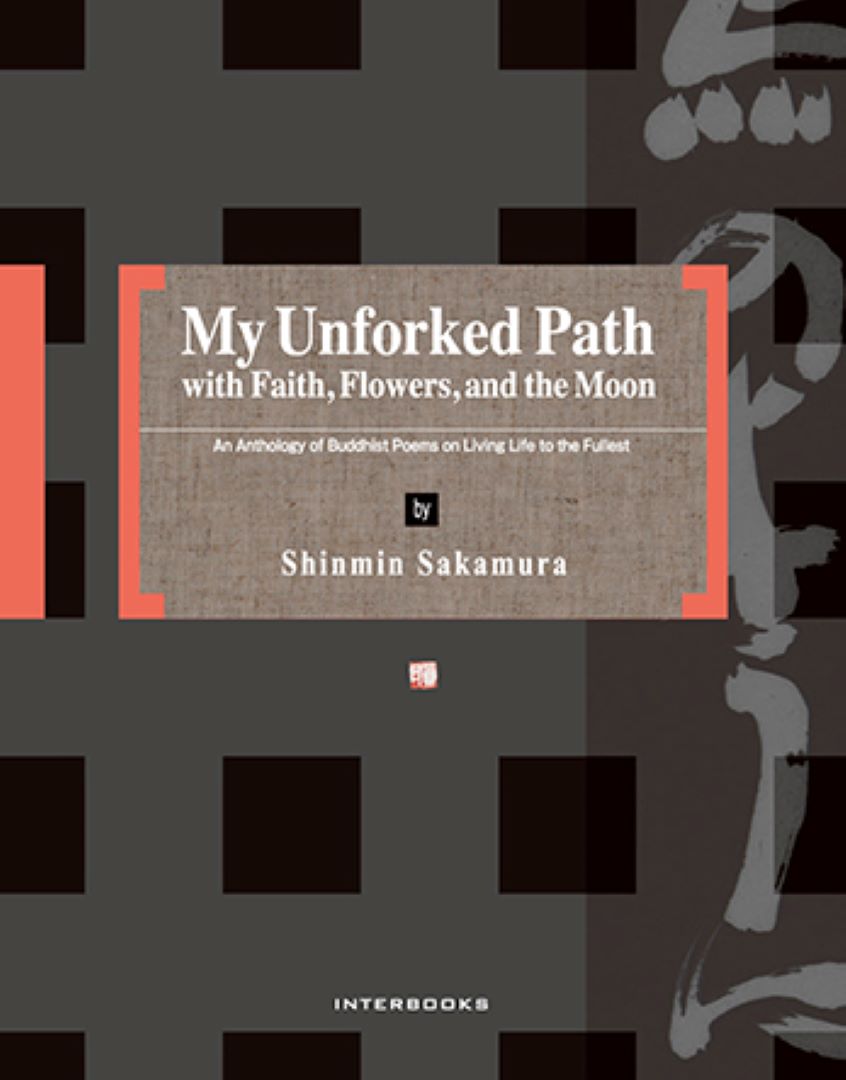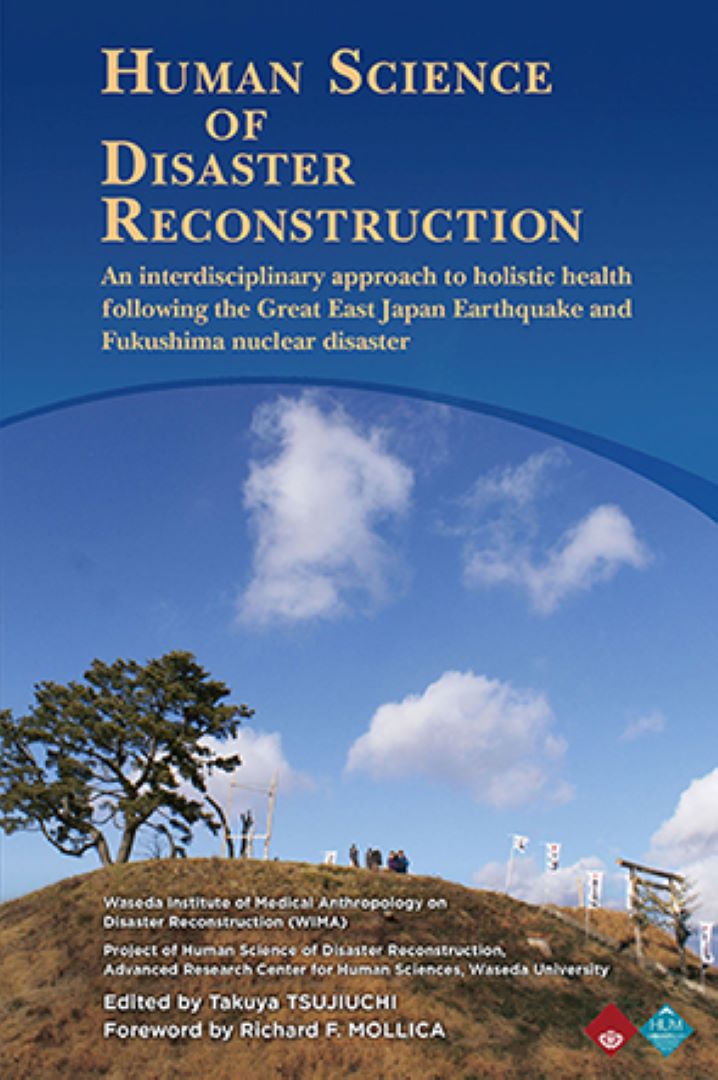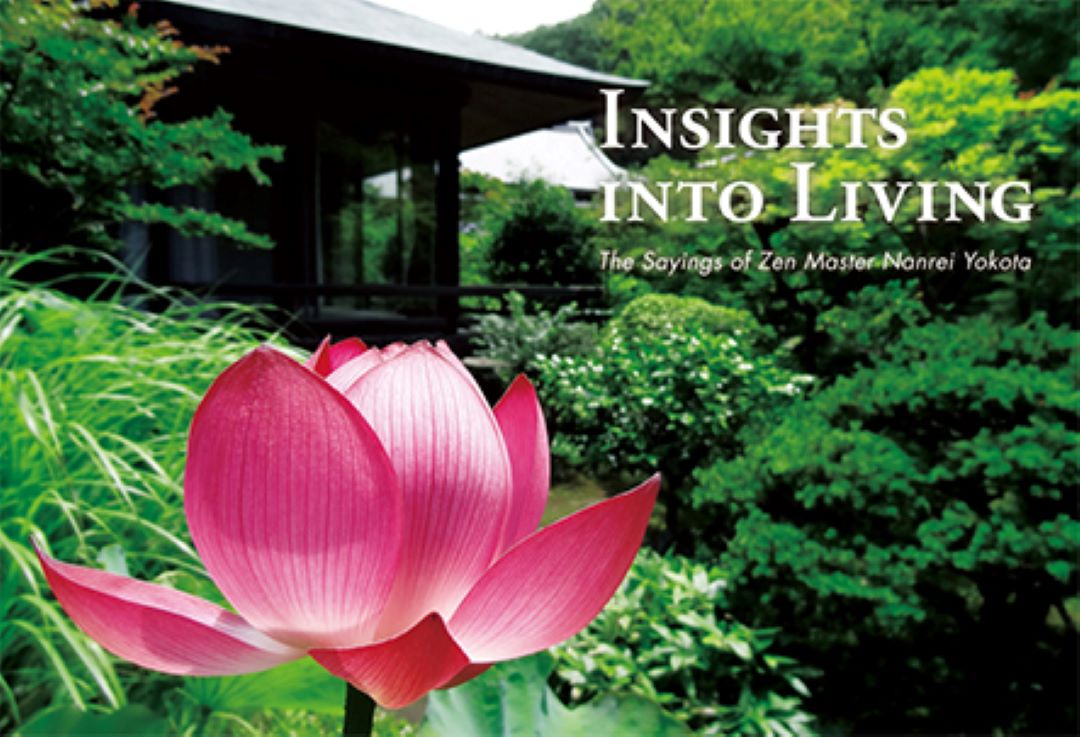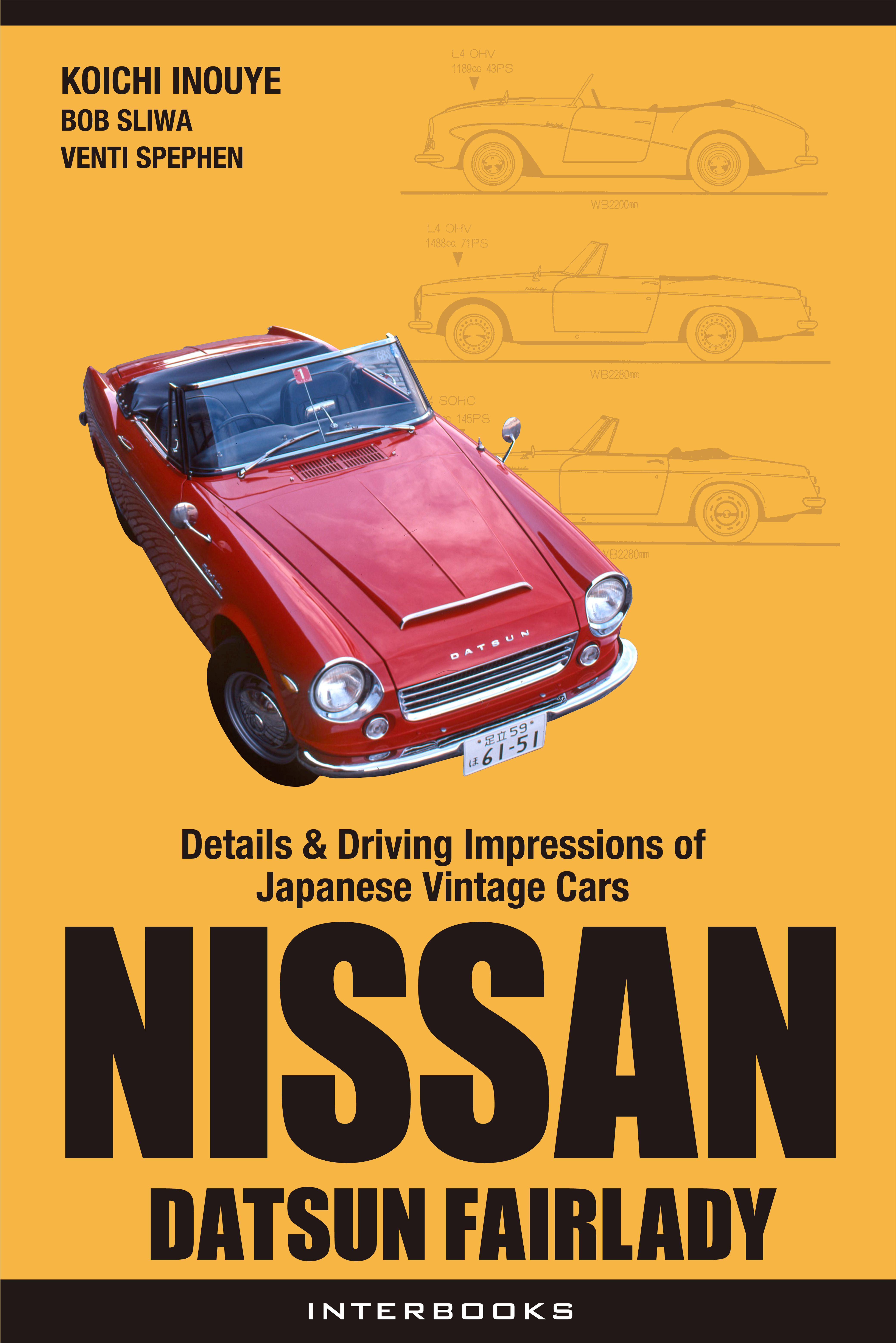本書の内容
著者の坂村真民は1909年(明治42年)に熊本県に生まれました。8歳の時に父親が急逝し、貧困生活の中41歳で短歌から詩に転向し、2006年(平成18年)に亡くなるまで詩を書き続けました。仏教精神を根底にした詩と書がもつ人間的なやさしさ、深い洞察力、ストレートでわかりやすい言葉の癒しの力は日本のみならず、現在のように混沌とした世界に生きる人々に今こそ必要なものだと思われます。またその詩と書に備わる「願い」と「祈り」の精神は広く世界に通じます。
坂村作品の「鳥は飛ばねばならぬ」(ぱるす出版刊1993年)は、1995年に当時のアメリカ大統領ビル・クリントン氏に、また2014年には駐日大使のキャロライン・ケネディ氏に送られ、感謝状が届きました。また本書の原題である「一本の道を」の作品は2014年(平成26年)の文科省の道徳の教科書に採択されました。
今回、坂村真民の数多くの詩の中から、普遍的な共感を呼ぶもの、特に平和の大切さと人間的な生き方を問うものを厳選し英語で紹介しています。
・This selection from Sakamura’s numerous poems was made on the basis of universal sympathy, especially the importance of peace and a truly humane way of life.
・The healing power of Sakamura’s poetry and calligraphy founded on the spirit of Buddhism and characterized by human gentleness, deep insight, and directly accessible language.
・Large format and full-color printing demonstrate the force of Japanese calligraphy at its best.
To our readers
Poet Shinmin Sakamura fashioned his life after the concept of“ honest poverty” espoused by the famed Christian saints Francis of Assisi and Mother Teresa. Throughout his work flows both a disciplined sense of serenity and a love for all living things that was born out of his monk-like dedication to his own exacting precepts.
People in the modern day must deal with a variety of pain, suffering and grief, and many have forgotten how important it is to love. The poems of Shinmin Sakamura help remind people of how it feels to have peace of mind, hope for tomorrow, and a heart that is capable of love.
Shinmin composed a great number of poems on the importance of faith. He began practicing Zen Buddhism at a young age, and while much of his poetic work touches upon the teachings of Buddha, he also held a deep respect for Francis of Assisi and Mother Teresa.
For Shinmin, religion was less about religion itself – whether it was Buddhism, Christianity, Islam, or any other. What he beli eved to be most important was to have faith in the great figures upon which those religions are based. This concept of giving thanks to and having faith in these great beings who created all living creatures flowed through Shinmin’s words and formed the heart of his poetry.
We hope you enjoy this poetry collection, and we hope that it leaves your own hearts a little warmer.
Koichi Nishizawa,
Director of the Shinmin Sakamura Memorial Museum
Mamiko Nishizawa, third daughter of Shinmin Sakamura








